How Much Will Insurance Pay for My Totaled Car? (Updated in 2025)
-
Pete Ortiz
- Last updated:
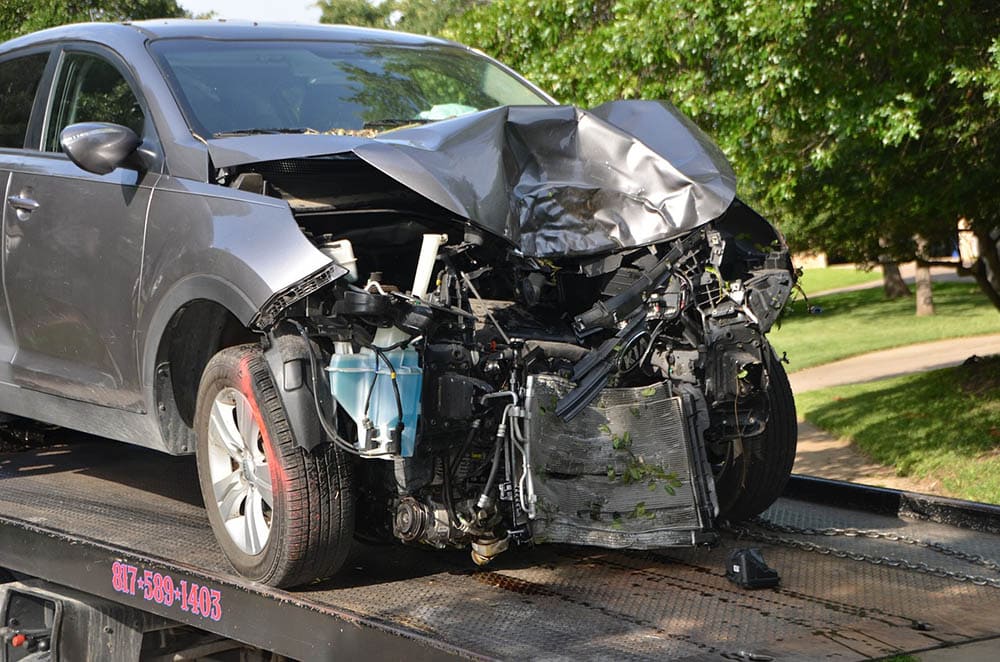
Having a totaled vehicle can be a huge financial setback. Not only is it a strain on your finances, but it can be a huge inconvenience to try to coordinate your daily transportation during the interim. And if your insurance company doesn’t cover rental vehicles, then it’s an even bigger hassle.
If you’ve never experienced this situation before, you may be curious to know just how much your insurance provider will give you for your totaled vehicle. In this article, we’re going to go over this scenario to help you learn how the process works and what you can expect to receive from your provider.
How Much Does Insurance Pay for Totaled Vehicles?
If you have car insurance, the amount of money that you’ll pay for a totaled vehicle will depend on the type of coverage that you have. If you only have liability, you are 100% responsible for paying for the vehicle or the replacement of it. Remember that liability only covers the other person’s vehicle. However, if you have a comprehensive insurance plan on your vehicle, any out-of-pocket expenses that you may have will depend on the details of your plan.
Many plans will cover all costs associated with the repair or replacement of the vehicle, while other plans may only cover a percentage. So, it’s important to know the details of your insurance plan in the event that it’s totaled.
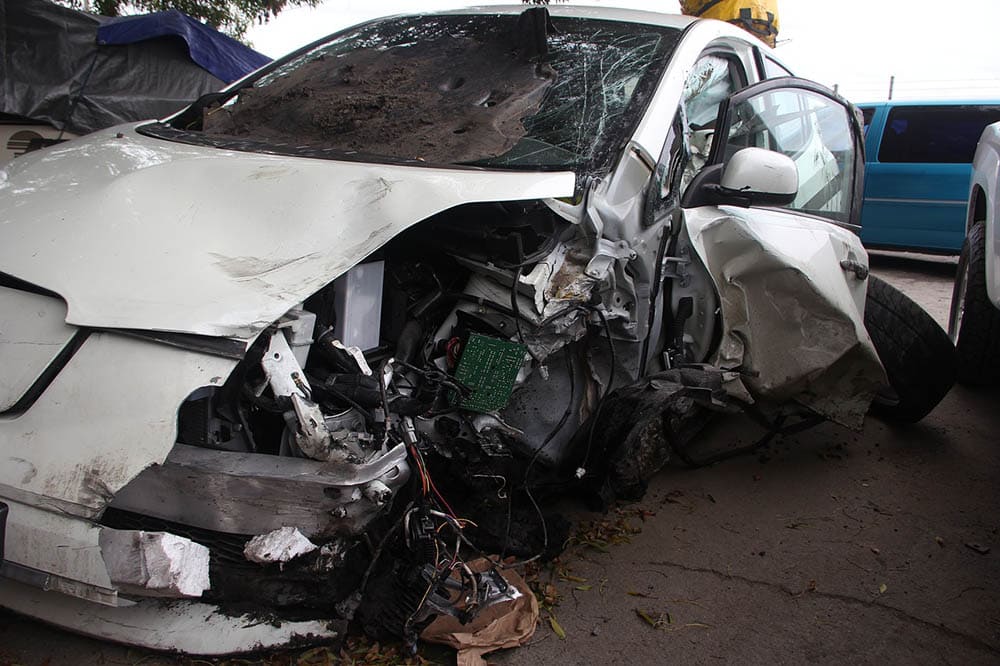
How Do Insurance Providers Calculate the Value of a Totaled Car?
While every provider will have their own algorithm for determining the value of a totaled car, many providers use the same type of software to do this. A few important factors that they take into consideration include the following:
- Overall vehicle condition
- Vehicle Mileage
- Length of time that you’ve had the car
- Locality
- At fault/Not at fault
- Make/model of vehicle
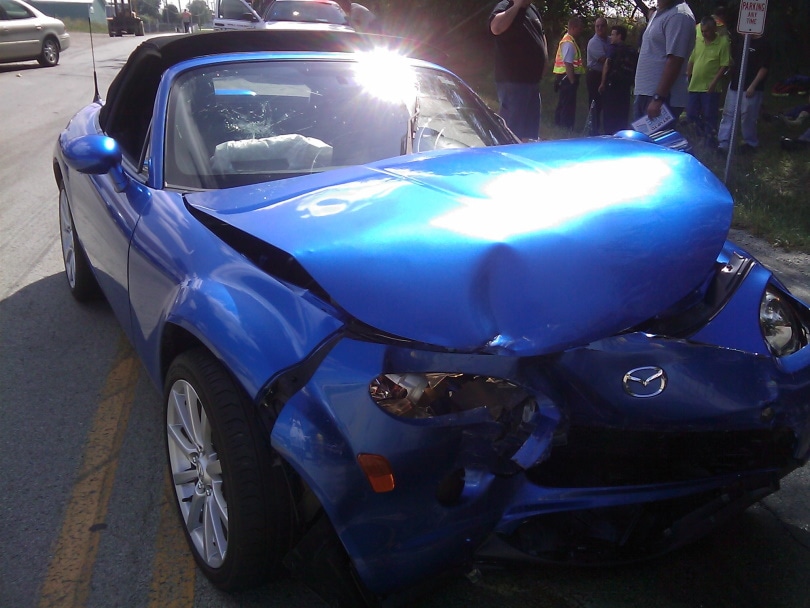
When Do Insurance Providers Total a Vehicle?
Every state is different, but insurance providers will consider the vehicle “totaled” when its repair costs exceed a specific percentage, something that’ll vary per provider. The percentage is usually anywhere from 55-75%.
You can still repair your car and keep it even though it has been declared “totaled” by the provider. Once this is done, the provider will give you an estimate of how much insurance will cover your car.
After that happens, the provider will pay you for the car’s value and take ownership of it. Note that you have the right to “purchase” your car from the insurance company and make the repairs yourself.
Keep in mind, however, that not all states allow the maximum amount of damage. For example, some states may consider 65% damage a total loss. In which case, a car worth $10,000, can only sustain damages up to $6500. And note that some insurance adjusters may even total out cars that are at 60% loss–so it really just depends on the adjuster and the provider.
Steps to Take After Your Car Is Totaled
In many states in the US, between roughly 12-15% of all vehicles inspected by insurance agents after an accident are declared totaled. This means that if a vehicle is involved in a traffic accident, there is a one in seven chance of it being totaled. The chances of a vehicle being declared irreparable are higher if it’s older. This trend continues until vehicles are about 10-15 years old. So it’s important to understand the steps that you’ll typically need to take after a major car accident.
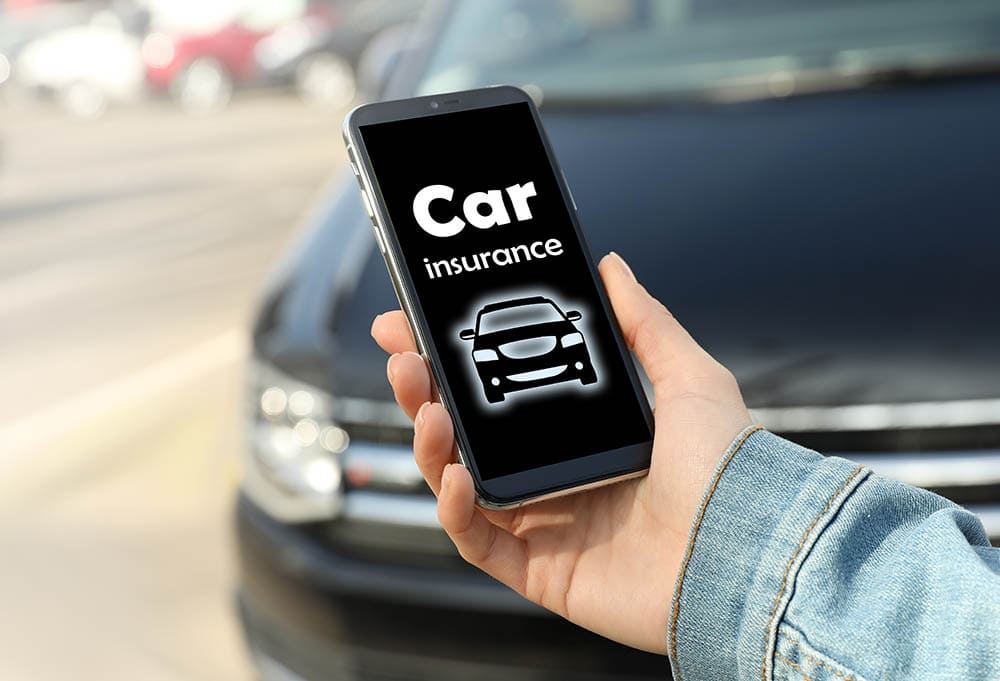
1. Contact Your Insurance Provider and File a Claim
Note that doing so does not automatically make your company the primary compensation provider in an accident. It all depends upon the specific circumstances of the accident.
For example, if another driver is at fault, their insurance company should cover any damage done to your and their vehicle. And if your car is damaged by a non-insured driver, you’ll need to contact your provider immediately and make them aware of this. However, collision coverage is only applicable if you are at fault. Your insurance company may be required to pay compensation to the driver and other parties.
2. Have Your Vehicle Towed to An Auto Repair Shop
Even if the damage is not visible, it’s important to tow your car to an auto body shop recommended by your insurance provider. And in some cases, you might be able to find an insurance agent who is flexible enough to work with your preferred shop–if you’re lucky. This is where most damage appraisals and assessments will take place.
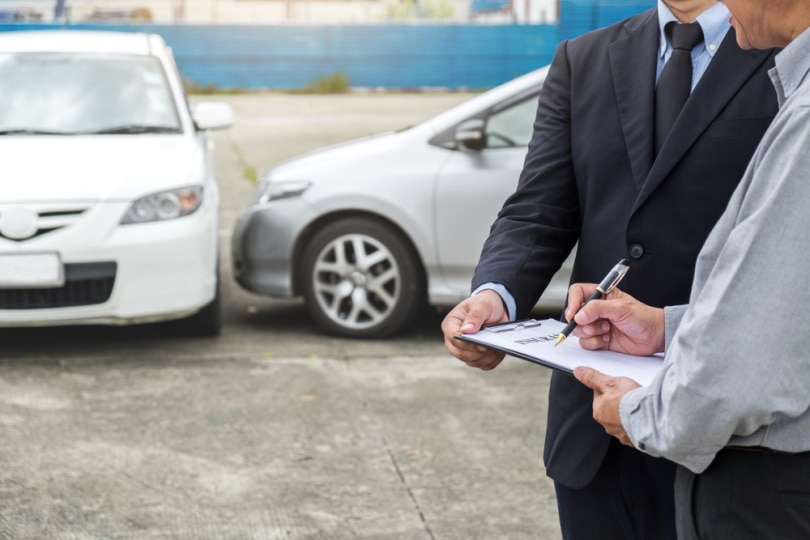
3. Get a Determination of the ACV
ACV or “Actual cash value” refers to the cost of replacing or repairing your vehicle. An extensive appraisal will detail all damage to your vehicle. This report is used by insurance providers to estimate repair costs and any other costs associated with its replacement. They will also perform a thorough assessment of the car’s actual cash worth.
To determine the extent of damage, the findings are compared to the original state of the car. If the estimated repair costs exceed the provider’s policy percentage of the ACV (for example, 75%), then the vehicle will eventually be considered totaled.
4. Decide If You Want to Repair or Replace Your Car
Some drivers may not be able to afford to replace their cars. You may decide to repair your car rather than replace it if you disagree with the assessment or if it has sentimental value. It’s always recommended to keep all records of vehicle repair and improvement handy. This alone could increase the overall value and convince the insurance provider that repairs are better than replacements.
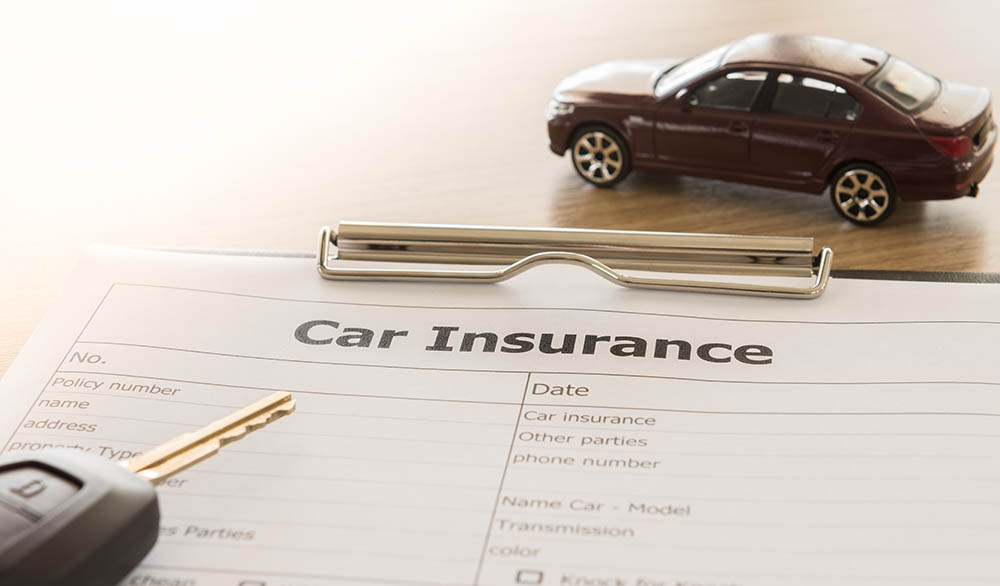
5. Get an Initial Cash Offer from the Insurance Company
Your insurance agent will contact you to offer a settlement. Most cases will result in lower initial offers than the settlement expected. Instead of accepting an offer immediately, it’s better to continue engagement.
6. Negotiate the Settlement Your Offer
You can also contact a third-party insurance provider to negotiate your offer. Every state is different but understanding your rights may be helpful. Remember that you’ll be dealing with highly experienced agents who are used to lowballing insurance claims (after all, it’s their job). Don’t expect them just to accept your counteroffers.
They will try to beat you at the negotiation table by capitalizing upon any rights or clauses that you don’t know about–so the more you know, the better. Instead of trying to beat professionals in their own profession, consider consulting an independent insurance agency. They should have the necessary experience and knowledge to facilitate a more successful negotiation process–for you, that is.
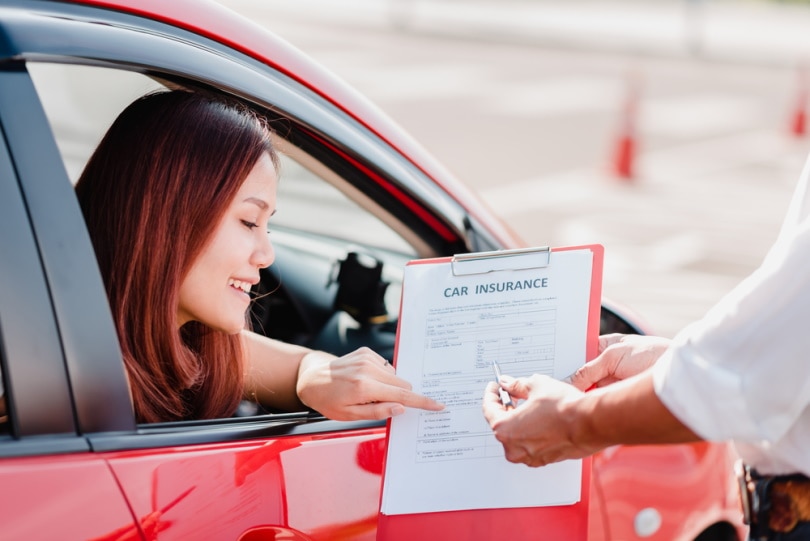
Other Possible Options for a Totaled Vehicle
Cash settlements are the most popular option when it comes to totaled vehicles because in many cases, handling a totaled vehicle can be a complicated task. So, to make things clear, here are the options typically available to you if your car is totaled:
- Option 1. Take the Settlement: This option is a driver’s favorite because it comes with hard cash. Your deductible is deducted from the car’s value. The insurance company will send you a check in the mail. The best part is that you can spend the money however you like. It’s possible to add more money and buy a newer and better car.
- Option 2. Keep the Car and Repair It: There are many reasons why you might want to keep the car and repair it yourself–especially if you can save money by doing the work yourself (or if you have a personal mechanic). This is a sensible option for many people, particularly when the damage to the car is minor.
- In the event that the settlement amount is not sufficient to purchase a new car, you can likely make a down payment on another one. The insurance company will deduct the vehicle’s salvage value and the deductible, then give you the remaining cash.
- Option 3. Keep the Car and Don’t Fix it: This option is very similar to the one above. Instead of fixing it, you can leave it as is. It’s really up to you. Consider adding it to your savings for a future vehicle purchase.
- Option 4. Keep the Car and Sell it: The salvage payment by an insurance company can also be used to purchase original parts from totaled cars. The combined final proceeds and the salvage payment made by the insurance company could even exceed the settlement in some cases.
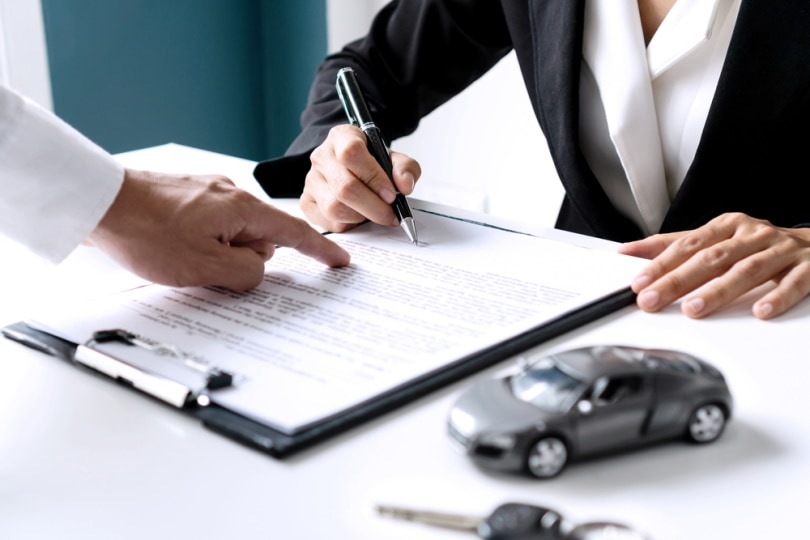
Should I Get Full Coverage on My Car?
There are a few things to consider when deciding whether to get full coverage. You’ll need to assess your financial situation and determine the current amount of your vehicle. In most states, a brand-new vehicle will require full coverage. This is because the car is typically financed, as opposed to being completely paid for by the owner upon purchase.
So, if you have a car note, you’ll likely need full coverage or liability at the least before you even drive off the lot. Also, consider how much you drive and the cost to replace your vehicle if it’s totaled. For all the vehicles, full coverage really isn’t necessary in many cases because you’ll be paying more for their insurance than what the vehicle is worth (except for classic vehicles).
Wrapping Things Up
So, to sum things up, if you have full coverage, your insurance company should pay most or all of the bill when it comes to repairing your vehicle or replacing it with a new one. But if you only have liability on your vehicle, you will be responsible for any out-of-pocket cost needed to repair or replace it.
- https://www.kbb.com/car-advice/insurance/totaled-car/
- https://www.allstate.com/resources/car-insurance/what-if-car-totaled
- https://mcintyrelaw.com/what-happens-after-an-accident/what-happens-when-car-totaled-after-an-accident/
Featured Image Credit: gdbaker, Pixabay
Contents


